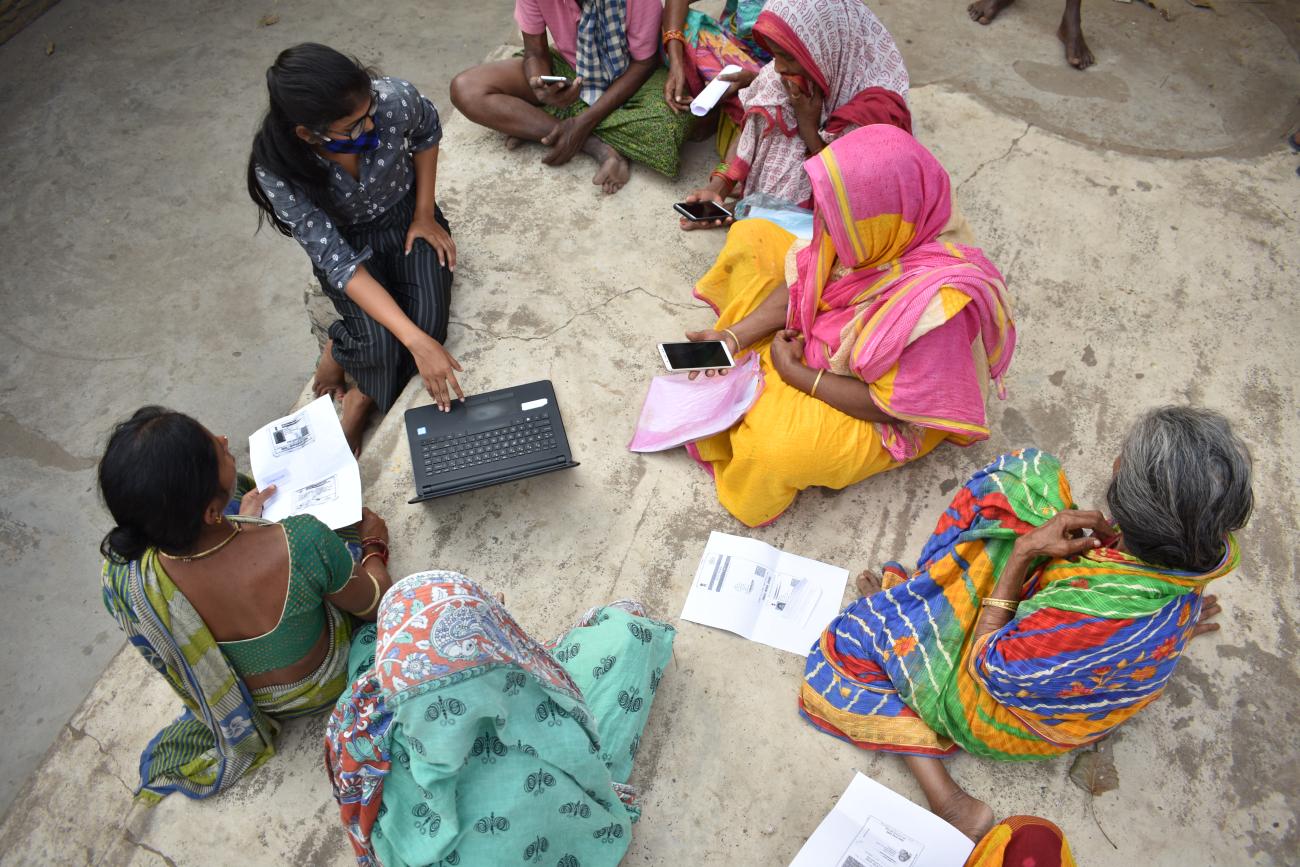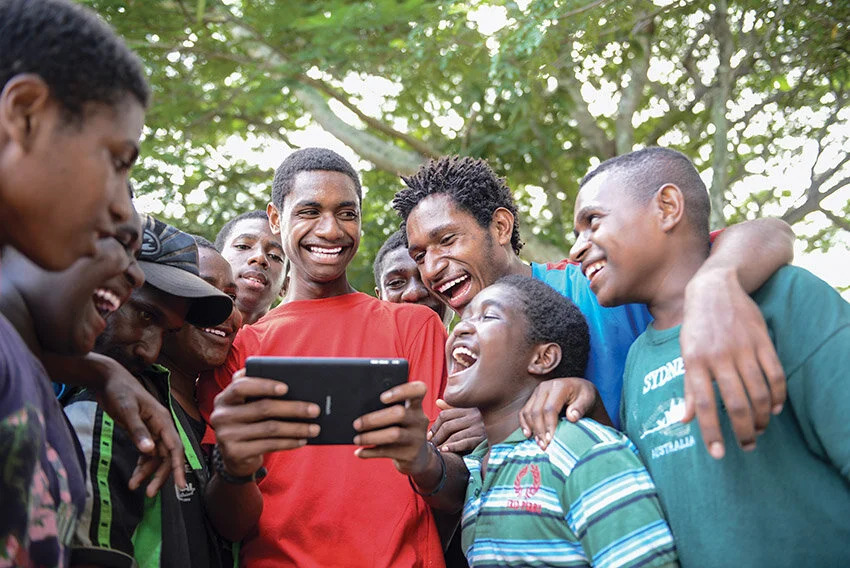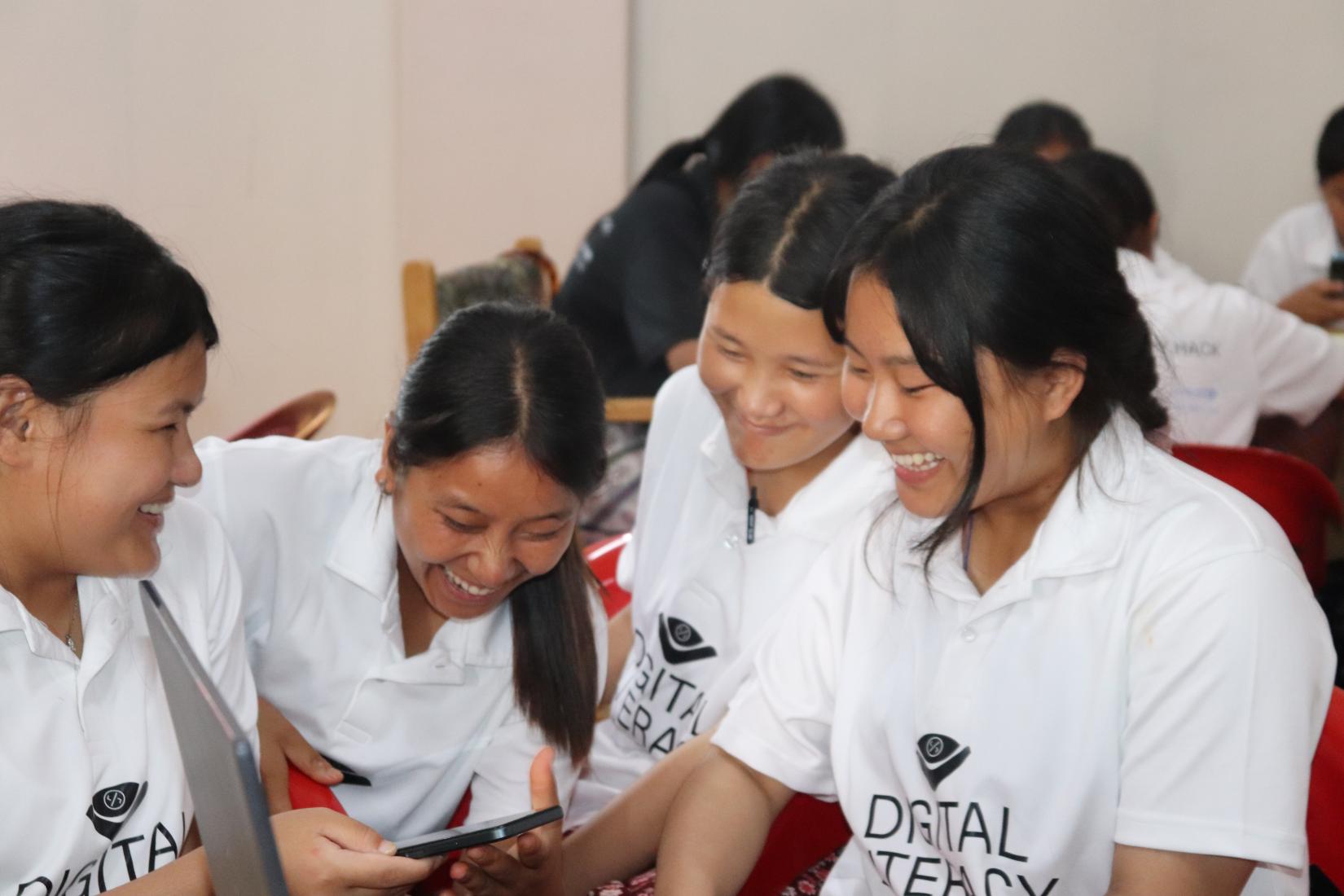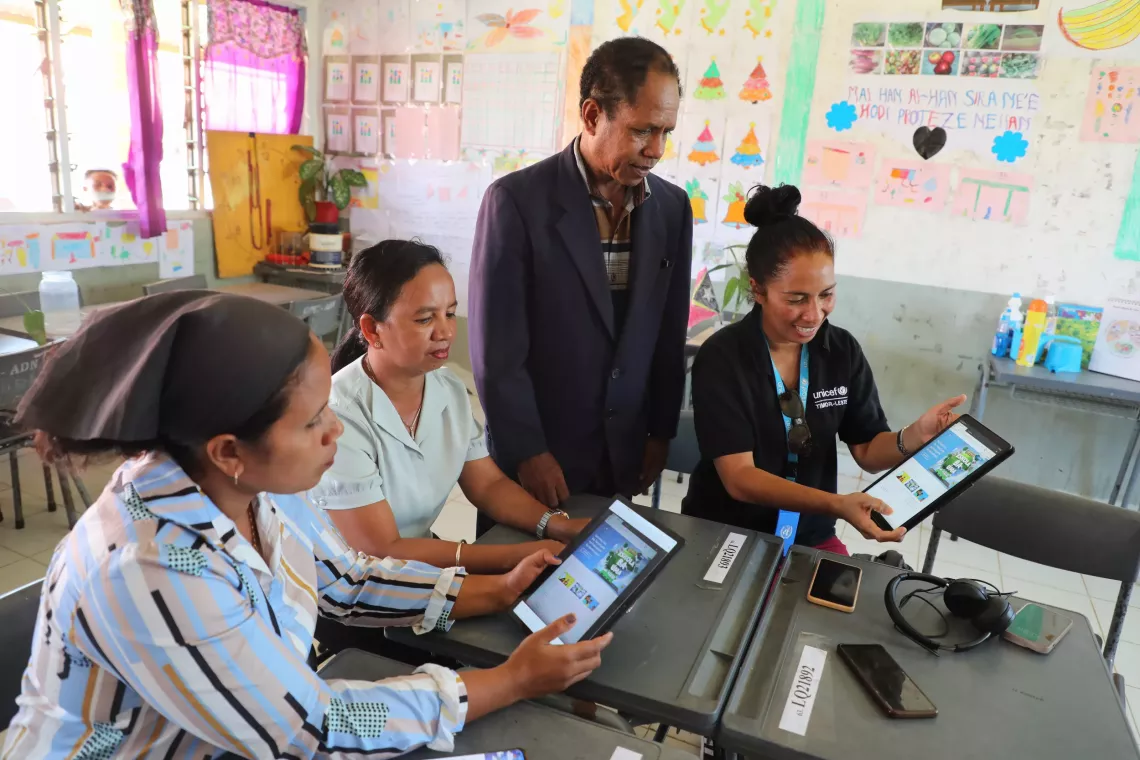Rewriting the Digital Playbook: Asia-Pacific’s Path from Pact to Practice

UN Development Coordination Office Regional Director for Asia and the Pacific, David McLachlan-Karr, reflects on how Resident Coordinators are helping governments move from digital principles to practice; delivering inclusive connectivity, ethical AI governance, and people-centred innovation across the region.
What does digital transformation look like when it’s led from the ground up?
In Asia and the Pacific, Resident Coordinators (RCs) are delivering the answer, from embedding civic tech leadership in Bhutan, to scaling disability-friendly education in India, to expanding inclusive connectivity in Papua New Guinea. Together, UN teams are showing how the Global Digital Compact, agreed by world leaders in 2024, can move from words on paper to results in people’s lives.
A governance gap with real-world costs
Across Asia and the Pacific, digital transformation is no longer optional. It is foundational. Yet, entire communities remain excluded from its benefits.
In Papua New Guinea, 85 per cent of the population live outside urban centres. Despite improvements in pricing, mobile internet remains slow, expensive, and unreliable; limiting access to digital education, telehealth, or e-government. In Mongolia, government investment has expanded digital services through the eMongolia platform. However, challenges remain with last-mile connectivity and digital literacy, especially in rural areas.

To address these gaps the UN is putting into practice a regional architecture that delivers for people on the ground.
When the United Nations Educational, Scientific and Cultural Organization (UNESCO) hosted the 3rd Global Forum on the Ethics of AI in Bangkok this past June, over 1,200 participants from nearly 90 countries—including 35 ministers—convened to assert a principle long overdue: ethics must be embedded in the code of AI systems, not pasted on as an afterthought. The Asia-Pacific region did not just endorse that message—it helped shape it.
As Regional Director for the UN Development Coordination Office (DCO) in Asia and the Pacific, I see momentum turning into concrete results. The Regional Collaborative Platform (RCP), is not just a policy forum. It is becoming a driver of solutions. A clear example is the work of the Issue-Based Coalition on Digital Transformation (IBC-DX), where 21 entities are pooling expertise across the region to respond to country-level needs, working through the leadership of the UN Resident Coordinators and in support of national priorities.
In Papua New Guinea, a request from the UN Country Team led to the UN’s first multi-agency digital transformation mission. With RC Richard Howard at the helm, 14 UN entities were mobilised through IBC-DX to support policy design, infrastructure planning, and AI governance. That work has since laid the foundation for a broader $105 million programme funded by the European Union (EU) advancing inclusive connectivity.

In Bhutan, then RC Karla Robin Hershey convened a national digital hackathon for adolescent girls alongside foresight training for civil servants—applying IBC-DX resources to foster civic tech leadership and inclusive design. In India, RC Shombi Sharp led efforts to integrate assistive technology into education and smart cities—scaling disability inclusion through cross-sectoral partnerships. And in the Federated States of Micronesia, previous RC Jaap van Hierden coordinated digital SDG accelerators across five nations, supported by Country Coordination Officers, where physical UN presence is limited.
These are not isolated initiatives. They represent a shift from fragmented projects to system-level pathways—linking multilateral support with local leadership and regional coherence.
Resident Coordinators as catalysts of coherence
At the heart of this transformation are the Resident Coordinators. RCs are no longer just conveners—they are strategic brokers, commissioning joint technical assistance, aligning regional expertise with national ambition, and embedding digital priorities into Cooperation Frameworks. In Timor-Leste, for instance, the draft Cooperation Framework positions digital transformation not as a standalone goal but as a driver of all development outcomes; embedding digital governance, data-driven decision-making, and equitable digital access across sectors from health to economic development.

This is not multilateralism by mandate—it is multilateralism by traction. Anticipatory, adaptive, and anchored in national ownership, RCs are enabling countries to govern the digital era—not be governed by it.
The UN’s role: Shape, don’t chase
This is a defining decade for digital governance. If we get it right, technology will become a driver of dignity, resilience, and inclusion. If we fail, inequality will widen, and instability will grow.
The UN’s role is not to chase the future—it is to shape it. And in Asia and the Pacific, that future is already being built: through empowered Resident Coordinators, a responsive regional platform, and principled partnerships with governments determined to ensure that no one is left behind in the digital era.













